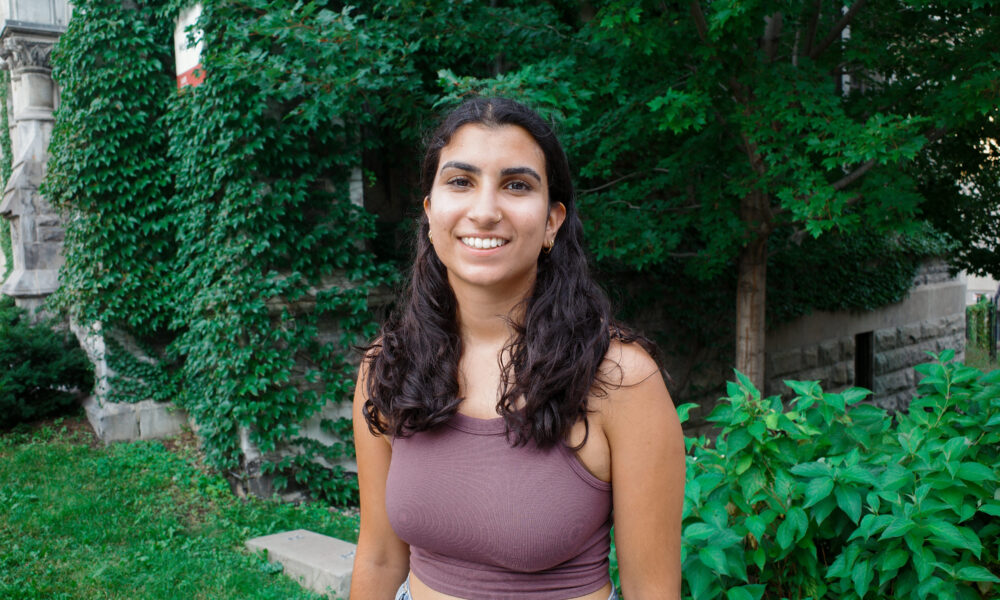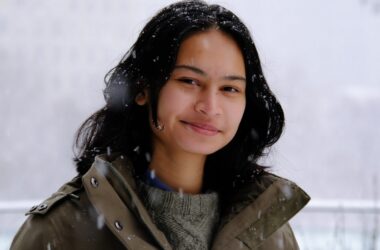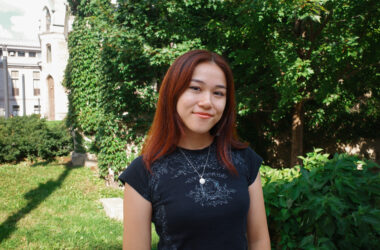“I’m not political.”
Hearing these words spread around campus frustrates me. How can you “not be political” when politics inherently concerns humanity? It doesn’t make sense.
During nightly family dinners growing up, conversations would start with “How was your day?” but quickly turn into political discussions about current events. My family is very opinionated—my mother an academic, my father an entrepreneur, and my brother a law student. As the youngest member at the table, I was intimidated. For the most part, I would listen but would not contribute. I never felt like I knew enough. Now, I’ve realized that politics concerns everyone, including those of us who aren’t academics or entrepreneurs or law students. Each of our voices can make an impact on our communities.
So, I can empathize with shying away from the intimidating nature of news and larger political discussions—but politics is more than just media and debates. We should not choose to ignore current events as a whole because we find them too daunting. While genocides, conflicts, wars, and elections are reduced to headlines for us to read—or choose to ignore—they tell the stories that are realities for people all over the world. As students and citizens in the global community, we have a responsibility to participate in these conversations.
We have the privilege to observe from afar, but our privilege is power. We cannot choose to avoid confronting issues like the genocide in Palestine because we are scared, we don’t know enough, or we find them upsetting. These are the lived experiences that Palestinians are confronting every day.
As students on a politically engaged campus, we have the responsibility to engage in conversations, acknowledge our privilege, and denounce the state of Israel’s cultural and ethnic cleansing of Palestinians. The Israeli regime has killed over 44,970 Palestinians: Tens of thousands of innocent people. How can we ignore this?
What especially frustrates me is those who are not racialized who aren’t openly having discussions around Palestine, or who choose to be “apolitical.” It is no secret that the skin colour you are born with is either one that directly benefits you or one that can limit you. Whiteness can act as a shield that some are lucky enough to hide behind, whereas racialized people are more likely to be at risk of violence when attending protests. For example, the Service de police de la Ville de Montréal (SPVM) targets BIPOC Montreallers, so attending protests or speaking out impacts students of colour in disproportionate ways. It is even more important that white students, teachers, and staff amplify voices of colour in discussions around Palestine.
Reposting the latest infographic circling around Instagram is not enough. It’s about the willingness to engage and learn from others around you. Doing your part can be a range of small day-to-day actions: Staying informed from alternative news sources, being critical of the media you consume, having conversations with those around you, attending protests or strikes, or wearing a Keffiyeh or a pin on your backpack. These small actions make a difference. These acts are small shows of resistance, compelling those around you to take a second to acknowledge the existence of Palestine and McGill’s direct involvement in the genocide.
Being “apolitical” is no longer a choice when your silence is a complicit act of violence. We must do better.









